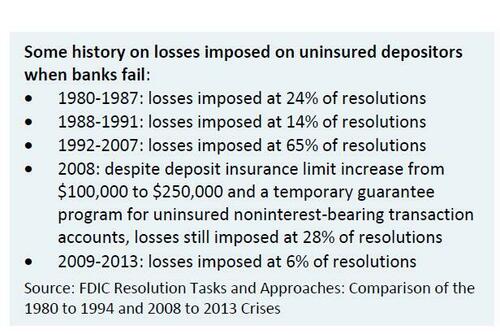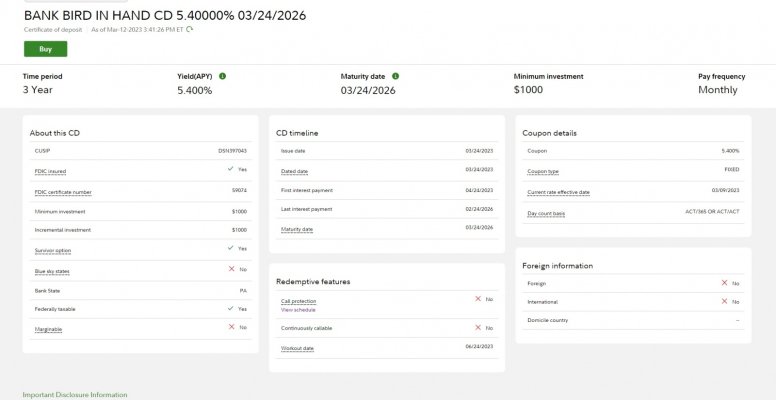- Joined
- Apr 14, 2006
- Messages
- 23,069
So the government stepped in to guarantee deposits; does that mean that the 8,000+ employees will continue to earn their average $250K salaries or is the bank still closed and all employees just around for 45 days?
Newslink >>> https://www.cnbc.com/2023/03/12/regulators-unveil-plan-to-stem-damage-from-svb-collapse.html
The Treasury Department is providing up to $25 billion from its Exchange Stabilization Fund as a backstop for the funding program.


